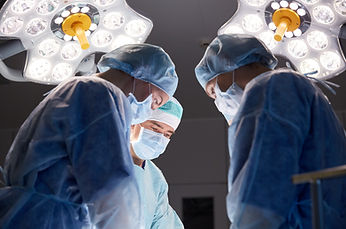Ewing Walker Orthopaedic Vet Ireland
Vet Ortho Referrals at Portadown & Richhill, Co Armagh
Orthopaedic Referrals for pets throughout Ireland
004428 38 871942
Orthopaedic & Spinal Referrals
Ireland

Infection Control
Infections at time of surgery or in the post operative period must be kept to an absolute minimum, especially in orthopaedic surgery as complications relating to metallic implants are of greater concerns, and can have a negative effect on outcome.
Infection may occur for a number of reasons including unavoidable patient factors including poor immune system, old age, poor circulation. non viable tissues, initial trauma at the time of a road traffic accident or dog bite. Also naturally circulating bacterial in the patients circulation may settle into a surgical site following an otherwise sterile procedure.
Hence although it is not possible to avoid these factors altogether careful attention to the preparation of the patient for surgery, sterilisation of instruments, providing a sterile operating environment, careful surgical technique, experienced surgeons to reduce both anaesthetic time and operating time, appropriate peri-operative antibiotics use, post operative wound management and care will all lead to limiting this complication to as low as possible.

Infection Control
Our sterile operating theatre has the advantage of being dedicated to orthopaedic surgery only which is classed as "clean" surgery and avoids sharing the theatre with use for procedures such as gut surgery and general abdominal surgery which may be classed as "contaminated" surgery by the nature of opening the intestine or other non sterile sites.
Both the patient and the surgeon are carefully prepared for sterile surgery before entering the theatre.
Provision of human standard medical instrument washers and vacuum type B sterilisation autoclave machines provides the gold standard in sterile preparation of our instruments used in our theatre.





